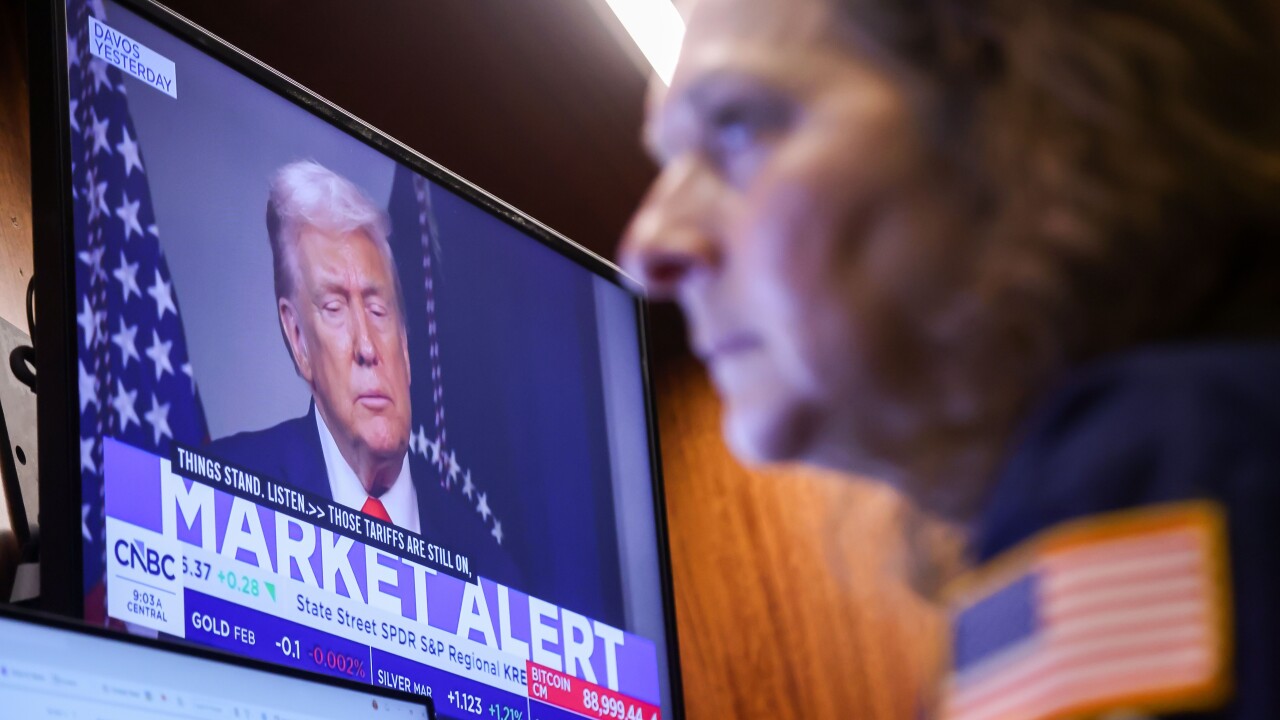PayPal's $800 million deal to buy the payments processor Braintree fuels a fast-paced acquisition streak that has granted PayPal some of most disruptive technology and people in the payments industry.
"Half of my existing team are entrepreneurs. I don't know of any company our size that has so many entrepreneurs on board and I think that goes a long way," says David Marcus, PayPal's president, in an interview. "Being in the heart of where disruption is happening in commerce is critical to us.
Braintree, for its part, has been a magnet for talent. Its staff and board include people from Yahoo, Google, Twitter and Capital One. Its employees came over from the tech industry's giants
PayPal hasn't been shy about scooping up any skill sets it desires. Its recent purchases of
As PayPal surveyed the emerging payments market, it saw Braintree, founded in 2007, as a formidable force.
"When we looked in the market, Braintree was the most impressive company out there, to us," Marcus says.
PayPal wasn't Braintree's only suitor. As word leaked of the pending acquisition,
"We've always had a lot of people that knocked on our door, but we weren't interested in selling or cash or things like that," says Braintree CEO Bill Ready in an interview. "But when there was this opportunity with David and the PayPal team what we wanted is to go build. PayPal is able to let us do this better and faster."
Once the acquisition closes, Braintree will build PayPal into its platform, and Braintree's management team and employees are expected to stay in place, says Marcus. PayPal plans to eventually offer its branded services to Braintree customers, and it plans to expand Braintree's services internationally.
Braintree has a set of software development tools, called application programming interfaces (APIs), that power the transactions behind other startups. These software sets allow companies to deeply integrate payments capabilities without the technological investment and regulatory burden of becoming money-movers on their own.
PayPal's traditional pitch that it will handle payments for small merchants that don't know how to do it on their own
The acquisition "affects the merchant acquiring arm of banks that offer e-commerce processing platforms," says Nick Holland, a senior payments analyst at Javelin Strategy & Research, in an email. "If I was a merchant using an existing payment platform offered by a processor, Braintree / PayPal (BrainPal?) may now be a choice that looks far more like an industry grade solution."
PayPal's move to buy Braintree is, for some, an indication that the merchant processing game is coming to a head.
"It's a sign to me that we are entering the late innings in terms of the revolution in merchant processing," says Matthew Harris, managing director at Bain Capital Ventures. "Don't be surprised if you see other innovators look for larger dance partners."





